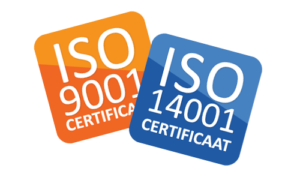Nickel Tabs For Lithium Ion Battery Applications
Lithium ion batteries becomes a very important technology for our daily life. They are widely used in mobile phones, laptops and electrical vehicles.
In current lithium-ion battery manufacturing for automotive, different sizes and shapes of cells are being manufactured. The difference between electronic devices like mobile phones or laptops, automotive battery packs consists of a large number of battery cells, sometimes several hundreds to meet desired power and capacity needs. As a result, a significant amount of joining such as welding is needed to deliver electricity in a battery pack.
It is not possible to say that it is easy to join all of these battery cells. Also when we think of the harsh environment of an automobile expose like vibration, severe temperature, and possible crash, all of these can affect the performance of these batteries.
The scientists shows a great effort to get better performance from lithium ion batteries in terms of cell material, design, safety, and performance. One of the topics that is studied on is welding process and battery tabs.
First, lithium-ion batteries use highly conductive materials such as aluminum and copper for electrodes and tabs but they are suitable for resistance welding due to their high thermal and electrical conductivities. Nowadays, nickel is the most commonly used materials for battery tab. Nickel alloys are known as electrically and thermally resistive and relatively easy to weld. A study on the parallel gap resistance welding of Ni-plated copper and Ni-plated steel showed that Nickel coating on a conductive material could help improve joint quality while keeping electrical resistance between the cells low.
You must be logged in to post a comment.


About the author